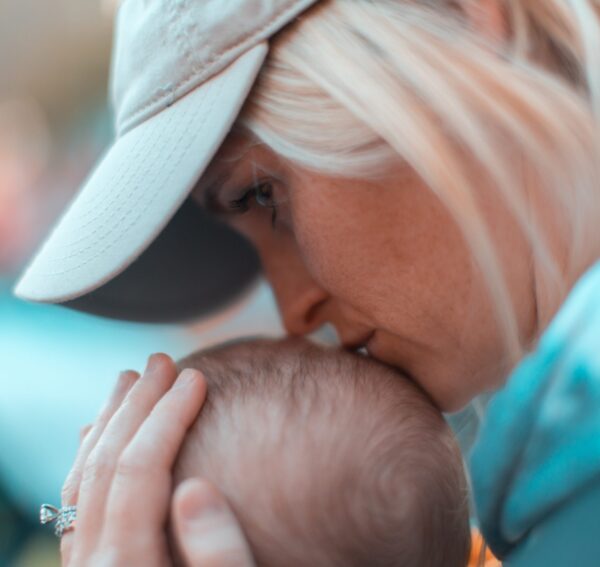UNICEF and WHO join forces to address alarmingly high rates of mental illness in children

UNICEF and the World Health Organisation (WHO) are teaming up with some of the world’s leading minds to tackle the ‘growing threat’ posed by ‘alarmingly high’ rates of self-harm, suicide and anxiety among children and young people globally.
“Too many children and young people, rich and poor alike, in all four corners of the world, are experiencing mental health conditions,” said Henrietta Fore, UNICEF Executive Director. “This looming crisis has no borders or boundaries. With half of mental disorders starting before age 14, we need urgent and innovative strategies to prevent, detect and, if needed, treat them at an early age.”
In an effort to ensure the issue of mental ill health is placed higher on the global health agenda, UNICEF and WHO will co-hosted a conference on the topic, a first for both groups in Florence, Italy, 7-9 November.
The conference is part of Leading Minds, UNICEF’s annual global conference series to highlight major issues affecting children and young people in the 21st century.
As part of celebrations marking the 30th anniversary of the Convention on the Rights of the Child, organisers hope the conference will lead to recommendations for decisive action informed by scholars, scientists, governments, philanthropists, business, civil society and young people themselves.
The cost of mental disorders, they noted, is not only personal; it is also societal and economic. And yet, child and adolescent mental health has often been overlooked in global and national health programming.
Dr Tedros Adhanom Ghebreyesus, Director-General of WHO, noted that too few children have access to programmes that teach them how to manage difficult emotions, and that very few children with mental health conditions have access to the services they need.
Leading Minds 2019 will look at the resources, partnerships, services, political commitment and public support needed to promote the mental health of children and young people.
The conference will also examine the rationale and the results from science and practice, including the latest evidence on brain health in the earliest years of life, through early and middle childhood and adolescence.
It will consider gaps in data that need to be addressed as well as programmes that have been successful, as well as interrogating the overall prevalence of mental ill health across ages and geographies, causes and contributing factors, and programmes for preventing and treating disorders and promoting healthy minds.
For more information on the conference, please see here.
Popular

Quality
Practice
Provider
Research
Workforce
Honouring the quiet magic of early childhood
2025-07-11 09:15:00
by Fiona Alston

Practice
Provider
Quality
Research
Workforce
New activity booklet supports everyday conversations to keep children safe
2025-07-10 09:00:16
by Fiona Alston

Quality
Practice
Provider
Workforce
Reclaiming Joy: Why connection, curiosity and care still matter in early childhood education
2025-07-09 10:00:07
by Fiona Alston












